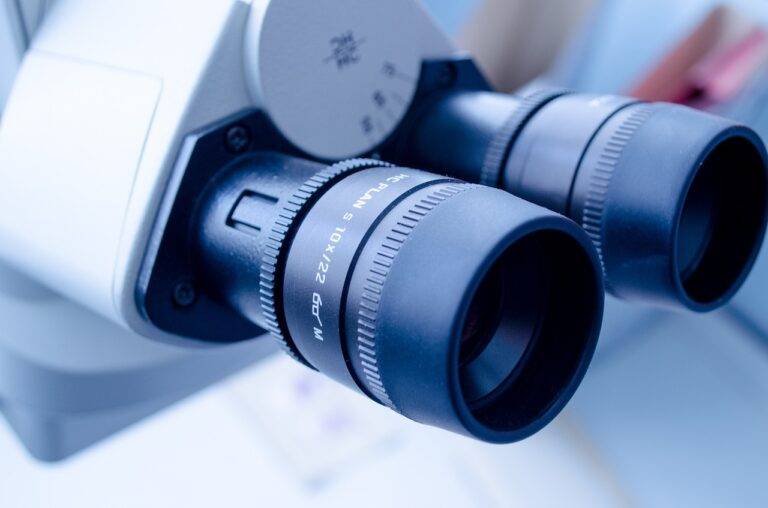Tech and Water Conservation: Innovations and Solutions
In the realm of water purification innovations, the development of advanced filtration systems has become paramount in ensuring the delivery of clean and safe drinking water to communities worldwide. These cutting-edge systems are designed to efficiently remove impurities and contaminants, surpassing traditional methods to meet the ever-growing demand for access to high-quality water.
The engineering behind these innovative filtration systems incorporates state-of-the-art technology to address various water quality challenges. By leveraging techniques such as reverse osmosis, activated carbon filtration, and ultraviolet disinfection, these systems not only enhance the overall quality of drinking water but also contribute to sustainable water resource management practices.
Community Water Conservation Programs: Collaborative efforts and initiatives to promote water conservation on a larger scale.
Community water conservation programs play a crucial role in promoting sustainable water usage practices within communities. These collaborative efforts involve various stakeholders, including government agencies, non-profit organizations, businesses, and individual citizens, working together to raise awareness and implement water-saving initiatives. By combining resources and expertise, these programs amplify the impact of water conservation efforts on a larger scale.
Initiatives such as public education campaigns, water-efficient technology adoption, and policy implementation are key components of community water conservation programs. Through these initiatives, communities can reduce water waste, protect water sources, and ensure a more reliable water supply for future generations. By fostering a culture of water conservation and stewardship, these programs empower individuals and organizations to take collective action towards sustainable water management practices.
What are some examples of community water conservation programs?
Some examples of community water conservation programs include water-saving campaigns, rebate programs for water-efficient appliances, and educational workshops on water-saving practices.
How can individuals get involved in community water conservation programs?
Individuals can get involved in community water conservation programs by volunteering with local water conservation organizations, participating in community events promoting water conservation, and implementing water-saving practices in their own homes.
What are the benefits of collaborative water conservation efforts?
Collaborative water conservation efforts allow for a more unified and cohesive approach to water conservation, leading to greater impact and efficiency in reducing water usage and promoting sustainable water management practices.
How do water purification innovations contribute to water conservation efforts?
Water purification innovations help ensure that clean and safe drinking water is available, reducing the need for excessive water usage and helping to preserve water resources for future generations.
What role do government agencies play in promoting water conservation?
Government agencies play a crucial role in promoting water conservation through the development of policies and regulations, funding for water conservation programs, and public education campaigns on the importance of water conservation.





